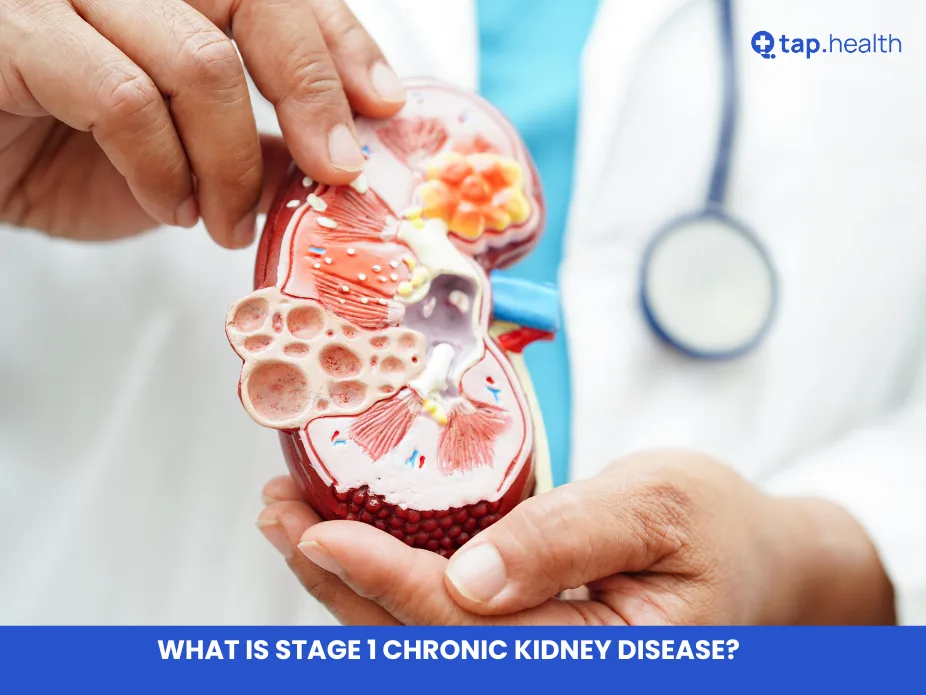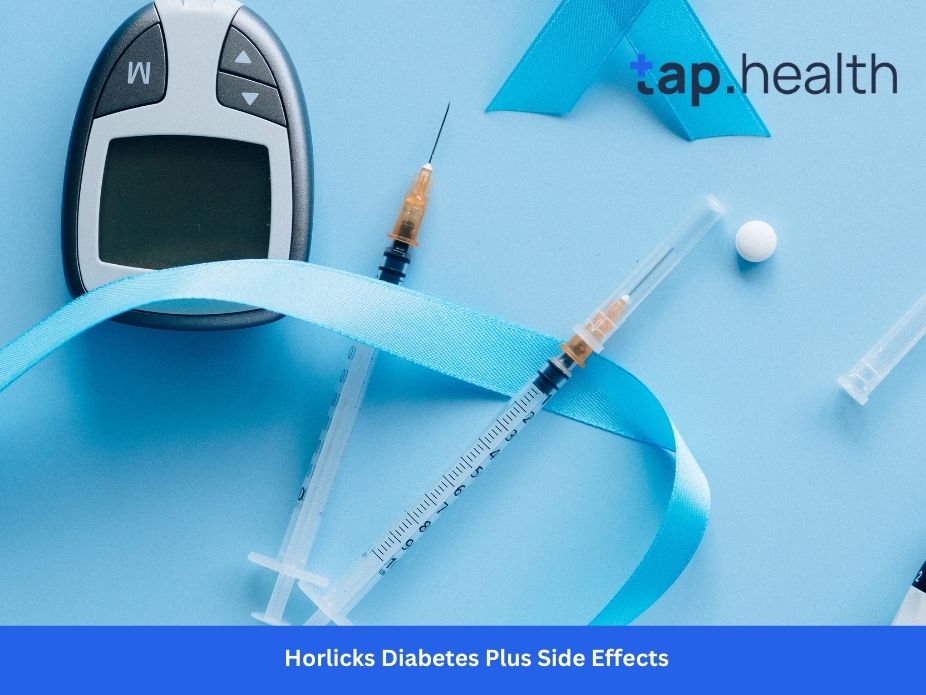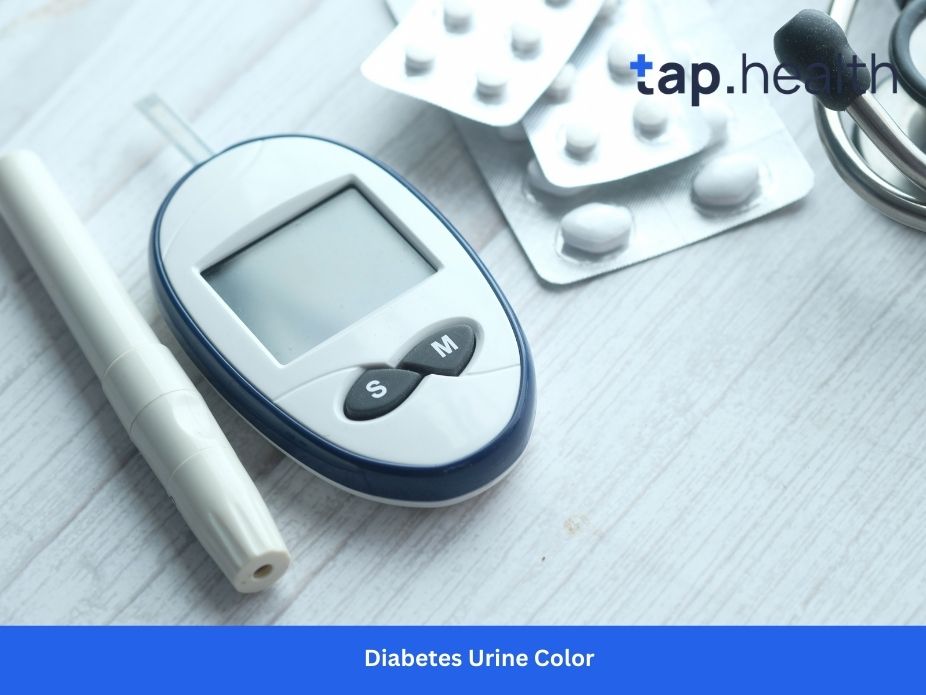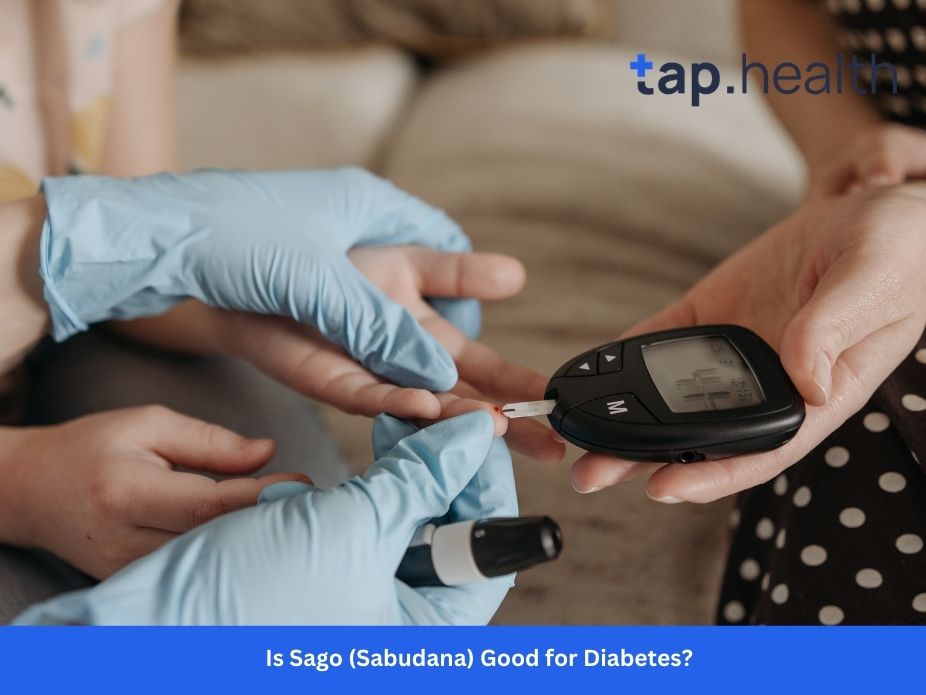Chronic Kidney Disease (CKD) often sounds intimidating, but understanding it step by step can make managing it a lot easier. Stage 1 is the initial phase of CKD, where early signs of kidney damage can be detected, but the kidneys are still functioning normally. Let’s break it all down—what it is, what to watch for, and how you can take control of your kidney health.
What Does Stage 1 CKD Mean?
Stage 1 CKD means your kidneys are showing signs of damage, but they’re still working at near-full capacity. Doctors determine this by looking at your glomerular filtration rate (GFR), which measures how well your kidneys are filtering waste and toxins from your blood. At this stage, your GFR is 90 or higher, meaning your kidneys are functioning normally, but with visible damage such as protein in your urine (albuminuria) or abnormal test results.
Think of your kidneys as a water filter. If the filter is slightly damaged but still letting water flow through normally, that’s Stage 1 CKD. The damage might not be noticeable right away, but over time, it can cause more issues if left unchecked.
What Are the Symptoms of Stage 1 CKD?
Here’s the tricky part—early-stage CKD often doesn’t show any symptoms! This is why regular checkups are important, especially if you have risk factors. However, you might notice some warning signs like:
- Blood or protein in your urine (proteinuria or hematuria)
- High blood pressure
- Swelling in your hands and feet (edema)
Often, these signs are subtle or mistaken for other conditions, so it’s essential to speak with your doctor about any changes in your health.
Real-Life Scenarios
To make it more relatable, let’s talk about Ravi, a 35-year-old engineer from Mumbai. Ravi went for a routine medical test where his doctor noticed high levels of protein in his urine. He didn’t have any symptoms, so the news was surprising. With his busy schedule and love for salty snacks, his doctor explained how high blood pressure and a diet high in sodium might have contributed to his kidney damage. Ravi also discovered his family had a history of kidney disease, making him more susceptible.
Thanks to early detection, Ravi now works closely with a dietitian to manage his salt intake, drinks plenty of water, and checks his blood pressure regularly. Early diagnosis helped him avoid a more severe progression.
Risk Factors You Should Know
Certain conditions increase the risk of CKD. If you identify with any of these, it’s time to pay attention:
- Diabetes
- High blood pressure
- Family history of kidney diseases
- Smoking
- High-sodium or unhealthy diet
- Being overweight
These factors don’t automatically mean you’ll develop CKD, but they do increase your chances.
Want to understand the connection between diabetes and CKD? Read our in-depth analysis here.
Expert Contributions
Dr. Santosh Varughese, a nephrology expert from Tamil Nadu, highlights that CKD cases in India are climbing due to lifestyle-related issues such as diabetes and hypertension. According to Dr. Varughese, “Timely screenings and lifestyle changes can help identify CKD early and prevent further complications.”
You can explore his comprehensive work on the subject through this helpful article.
How is Stage 1 CKD Diagnosed?
Diagnosis usually involves a combination of:
- Urine Tests – Checks for protein or blood in the urine.
- Blood Tests – Measures GFR to assess kidney function.
- Imaging – Ultrasounds or CT scans to examine structural irregularities.
- Biopsy – Sometimes, a small piece of kidney tissue is examined to get a clearer picture.
If your doctor finds abnormalities in any of these tests, they’ll recommend steps to protect your kidney health.
Recommendations Grounded in Proven Research
If you’re managing Stage 1 CKD, don’t worry—you have plenty of ways to slow progression. Here’s what research and experts suggest:
- Maintain a Healthy Diet
- Focus on fresh fruits, vegetables, whole grains, and lean meats.
- Limit sodium to reduce strain on your kidneys.
- Drink enough water, but not too much.
- Control Blood Pressure
High blood pressure accelerates kidney damage. Make sure it stays below 130/80 mmHg. - Manage Blood Sugar
If you’re diabetic, keeping your blood sugar within target ranges can prevent further damage. - Avoid Smoking and Alcohol
Smoking reduces blood flow to your kidneys, speeding up damage. - Get Active
Regular exercise helps control weight, lower blood pressure, and improve overall kidney health. - Medications
Follow your doctor’s guidance on medications. Angiotensin-converting enzyme (ACE) inhibitors or angiotensin receptor blockers (ARBs) are often recommended.
Preventing Progression of CKD
Preventing CKD from advancing requires consistent effort and monitoring. Here are some additional tips:
- Schedule regular checkups with your nephrologist or healthcare provider.
- Keep a close eye on your tests, including blood pressure, blood sugar, and cholesterol levels.
- Discuss any medications with your doctor to ensure they’re kidney-safe.
- Educate yourself about the condition. Knowledge is power, and the more you know, the better decisions you can make.
FAQ on What is Stage 1 Chronic Kidney Disease?
Can stage 1 CKD be reversed?
Stage 1 CKD cannot always be reversed, but with early intervention and lifestyle changes, its progression can be slowed or even stopped.
How often should I get tested for kidney disease?
If you have risk factors such as diabetes or high blood pressure, it’s recommended to get tested annually.
What foods should I avoid with stage 1 CKD?
Try to limit salt, processed foods, and sugary drinks. Focus on fresh and whole foods instead.
Is drinking a lot of water good for kidney health?
Yes, staying well-hydrated helps support kidney function, but consult your doctor on how much water you need based on your health.
Should I see a specialist for stage 1 CKD?
While your primary doctor can manage it, seeing a nephrologist for specialized advice is a good idea
Final Thoughts
Stage 1 CKD might sound scary, but with early diagnosis and proactive management, it’s entirely possible to avoid more serious complications. Think of your kidneys as your body’s “filtering team,” working hard to keep everything running smoothly. By making lifestyle changes and staying on top of your health, you can give them the support they need to keep you in great shape for years to come.
If you or someone you know is at risk, don’t delay in getting tested. After all, the earlier you catch it, the better your chances of keeping your kidneys happy and healthy.



